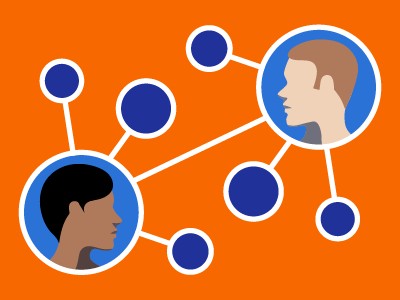Libraries Receives Grant for Book Repair Workshop
Syracuse University Libraries’ Department of Access and Resource Sharing received a Central New York Library Resources Council Catalyst Grant for $2,000 to provide train-the-trainer workshops on book repair to local school district media specialists. Preservation librarian Marianne Hanley submitted the…


 The quality of our relationships is the single biggest predictor of our happiness—more so than business success, physical health, wealth, status or fame. While we may be in the unique position of either spending a bit too much time with others lately, or striving to maintain connections with those we love from a safe distance, it does all of us good to focus on and prioritize our relationships to set the foundation of a happy, healthy life.
The quality of our relationships is the single biggest predictor of our happiness—more so than business success, physical health, wealth, status or fame. While we may be in the unique position of either spending a bit too much time with others lately, or striving to maintain connections with those we love from a safe distance, it does all of us good to focus on and prioritize our relationships to set the foundation of a happy, healthy life.